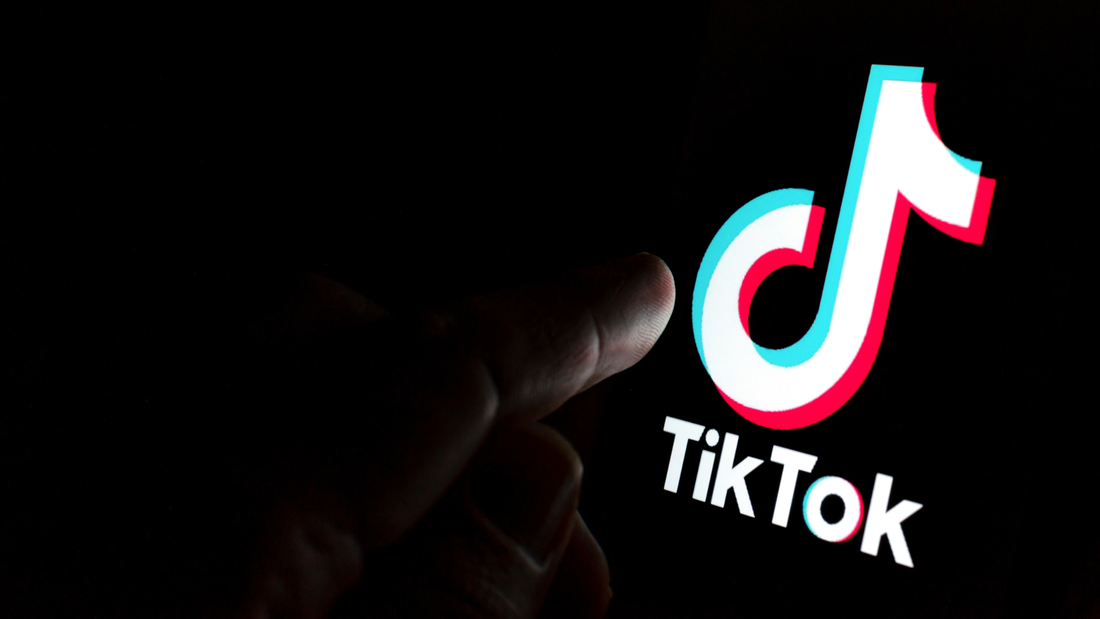|
The recent House passage of a bill to force the sale of TikTok from its Chinese parent company – or suffer an outright ban – triggers obvious questions about the First Amendment. Many of our fellow civil liberties organizations have come to TikTok’s defense, making the point that if the government can silence one social media platform, it can close any media outlet, newspaper, website, or TV channel.
They point to many of TikTok’s strongest critics, who accuse it of pushing China’s line on sensitive issues and dividing Americans in what promises to be an especially heated election season. But our civil liberties allies remind us that the First Amendment protects all speech, no matter how divisive, even if it echoes foreign propaganda. That is fine as far as it goes, but there are other issues beyond the First Amendment in the TikTok debate. Here is where we break ranks with some of our peers: We see real danger in TikTok’s accumulation of the personal data of its 150 million American users, and 67 percent of U.S. teens – and how TikTok’s influence could harm the First Amendment by threatening the freedom of the press and the speech of users. After reviewing results from a year-long, bipartisan investigation, the House concluded that TikTok is being used by Beijing to spy on American citizens. TikTok’s parent company, ByteDance, has had a notorious relationship with the Chinese Communist Party (CCP). As we wrote last year, the Department of Justice and FBI have been investigating ByteDance over CCP access to Americans’ data. According to Emily Baker-White, a Forbes reporter who was herself surveilled by ByteDance, the department and U.S. Attorney for the Eastern District of Virginia have hit the Chinese firm with subpoenas about its purported surveillance of U.S. journalists. The company’s data policies have led multiple states to ban the app on state employee devices. It would be a flagrant violation to ban a newspaper for its content. But what if a hostile power deliberately manufactured newspapers with arsenic dye, toxic to the touch? In such a case, First Amendment issues would be irrelevant. ByteDance is compelled by Chinese law to share all its data with the Beijing government, and its military and intelligence agencies. Senators should determine whether the toxicity of the threats posed by TikTok's data practices and its relationship with the CCP necessitate action. This is not the first time the United States has forced a Chinese company to divest a social media platform. In 2020, the Committee on Foreign Investment in the United States raised the alarm about Kunlun Tech’s acquisition of Grindr, a popular LGBTQ dating app. The app already had a poor reputation for data security, but the committee was reportedly worried that the Chinese government could use personal data from the app to blackmail U.S. citizens, including government officials. The committee gave Kunlun a deadline by which it had to sell Grindr, and the app was sold back to an American owner. Forcing a media outlet to sell or go out of business is a drastic action, not to be undertaken lightly. But as the Senate debates, we should keep in mind that there are issues at stake in the TikTok controversy that go beyond the First Amendment. Comments are closed.
|
Archives
June 2024
Categories
All
|
ABOUT |
ISSUES |
TAKE ACTION |



 RSS Feed
RSS Feed